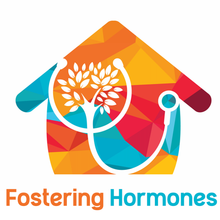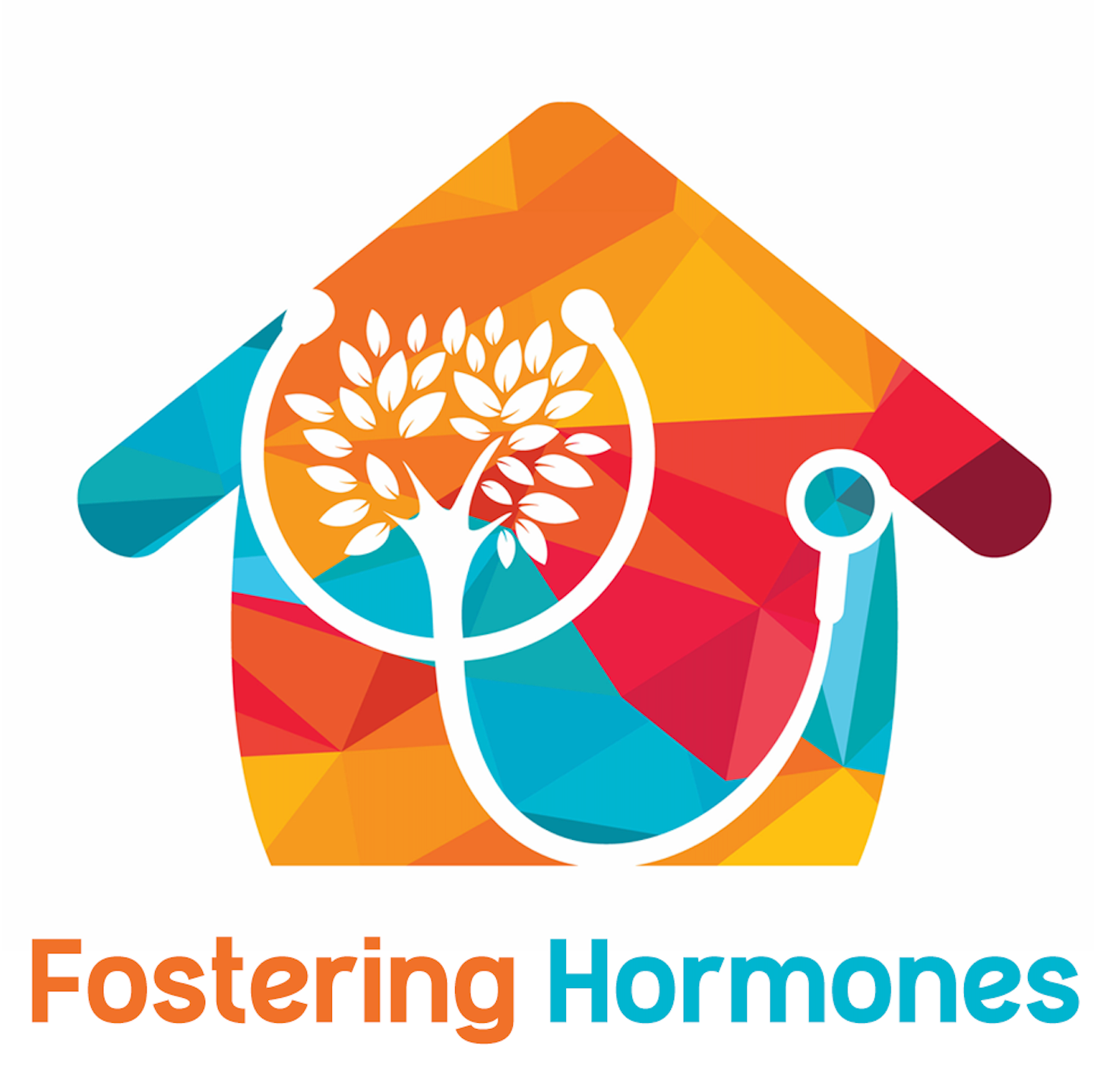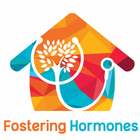Fostering Hormones Services
Our Services

Hormonal Analysis
Hormones are vital chemical messengers that regulate numerous physiological functions, and testing their concentrations in blood, urine, or saliva samples helps identify hormonal disorders, determine the causes of symptoms, and guide appropriate treatment. By analyzing hormone levels and comparing them to established reference ranges, we can develop personalized treatment plans to restore balance and improve overall well-being.
DNA/Genetic Analysis
A DNA methylation test can provide valuable insights into hormone regulation by examining the chemical modifications to DNA molecules. DNA methylation involves the addition of methyl groups to specific regions of the DNA, influencing gene expression without altering the underlying genetic code. Hormone-responsive genes often undergo changes in DNA methylation patterns as part of the regulatory mechanisms controlling their activity. By analyzing the methylation status of genes associated with hormone production and signaling pathways, we can gain a deeper understanding of your individual hormonal regulation. This information can be particularly relevant in the context of hormonal disorders or conditions where aberrant hormone levels play a role, such as certain cancers or endocrine disorders. DNA methylation tests offer a molecular-level perspective on hormone-related processes, contributing to the identification of biomarkers and potential targets for therapeutic interventions.


Personalized hormonal balancing protocols
Personalized hormonal balancing protocols involve tailored treatment plans aimed at restoring and optimizing hormone levels based on an individual's specific hormonal profile, symptoms, and health objectives. These protocols begin with comprehensive hormonal testing to assess the levels of various hormones and identify any imbalances or deficiencies. Based on the test results, healthcare professionals can then create a customized plan that may include hormone replacement therapy, lifestyle modifications, dietary changes, stress management techniques, and targeted supplementation to address the specific hormone imbalances and promote overall hormonal health. Regular monitoring and adjustments are made as needed to ensure optimal hormone balance and the desired health outcomes.
Nutritional counseling and support
Nutritional counseling and support involve personalized guidance and education provided by healthcare professionals, such as registered dietitians or nutritionists, to help individuals improve their health through optimal nutrition. Through comprehensive assessments, these experts analyze an individual's dietary habits, lifestyle, and health goals to create a tailored nutrition plan. They offer valuable information on nutrient-rich foods, portion control, meal planning, and healthy eating habits. Ongoing support and monitoring are provided to track progress, address challenges, and make necessary adjustments to ensure long-term success in achieving improved health outcomes through nutrition.


Detailed and personalized workouts
Detailed and personalized workouts are individually tailored exercise plans designed to meet the specific needs, goals, and capabilities of an individual. These workouts are created based on a comprehensive assessment of factors such as fitness level, medical history, physical abilities, and desired outcomes. A qualified fitness professional, such as a personal trainer or exercise physiologist, will develop a detailed program that includes specific exercises, sets, repetitions, and intensity levels to target various muscle groups and cardiovascular fitness. The program may also incorporate modifications for any existing injuries or limitations and progressions to continually challenge and improve performance. The personalized workouts aim to optimize results, enhance overall fitness, and ensure safety and effectiveness in achieving individual fitness goals.
Lifestyle and stress management strategies
Lifestyle and stress management strategies encompass a range of techniques and practices aimed at promoting overall well-being and effectively managing stress. These strategies often involve adopting healthy lifestyle habits, such as maintaining a balanced diet, engaging in regular physical activity, getting sufficient sleep, and avoiding excessive alcohol or tobacco use. Additionally, stress management techniques such as mindfulness, deep breathing exercises, meditation, and relaxation techniques can help individuals better cope with stressors and promote mental and emotional well-being. By incorporating these strategies into daily life, individuals can proactively address stress, improve resilience, and enhance their overall quality of life.


Herbal and nutritional supplements
Herbal and nutritional supplements are products that contain concentrated forms of vitamins, minerals, botanical extracts, or other bioactive substances. They are commonly used to complement dietary intake and provide additional nutritional support. Herbal supplements often utilize plant-based ingredients known for their potential health benefits, while nutritional supplements aim to address specific nutrient deficiencies or support overall health and wellness. However, it is important to exercise caution when using these supplements, as their safety, efficacy, and potential interactions with medications may vary. Consulting with a healthcare professional is crucial to ensure informed decision-making and personalized recommendations.
Want to know what your body is telling you?
SCHEDULE YOUR CONSULTATION TODAY!
Location
Servicing patients in all 50 states, Canada, and Puerto Rico

Get Tips on Healing Your Body Naturally
Contact Us
We will get back to you as soon as possible
Please try again later
© 2023, Fostering Hormones. All rights reserved.

